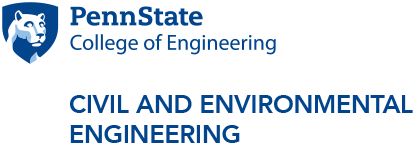Physical-Chemical Treatment
At Penn State, several faculty conduct research that pertains to the physical-chemical treatment of water, wastewater, and air. Penn State Environmental Engineering faculty have aimed at purveying drinking water that contains less contaminants and potential toxins. Research by Fred Cannon has focused on how to tailor activated carbons that more effectively remove targeted trace contaminants such as odorants like methyl isoborneol and geosmin, and perchlorate; how to characterize natural organic matter and remove more of it from the drinking water; and how to better thermally reactivate activated carbon. He is also exploring various means of regenerating spent activated carbon, including thermal, and quasi-thermal processes. Cannon has also conducted extensive study of the nature of natural organic matter that passes through various water treatment unit processes. His research also explores means of diminishing air pollutants in foundries by employing a novel advanced oxidation process.
Research by Fred Cannon has devised methods of preloading activated carbon with iron nanoparticles in a manner that enhances the removal of arsenic from groundwater. Research by Jay Regan has employed DNA-fingerprinting to characterize the microorganisms that proliferate in water pipelines when a municipality practices chloramination.



